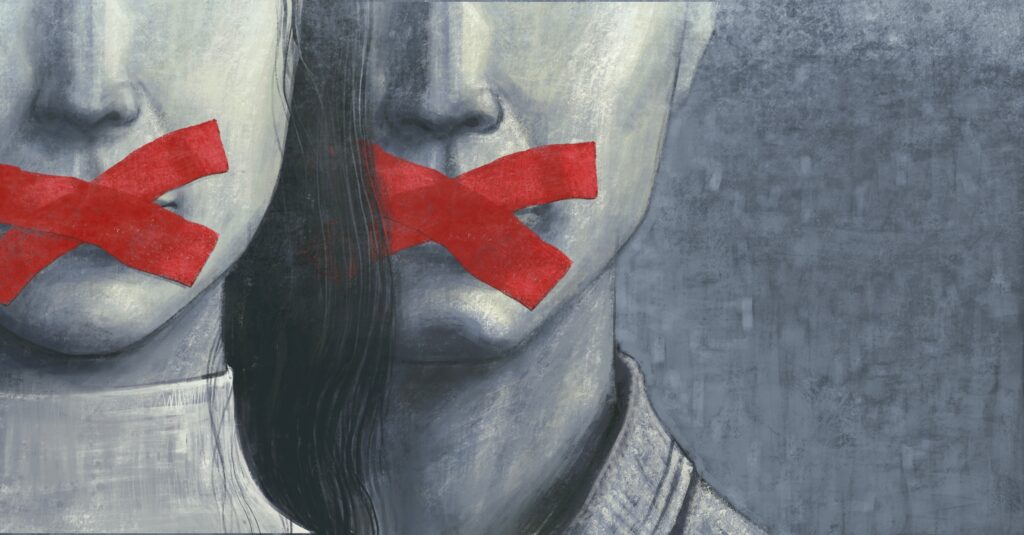On April 9, 2025, the Provincial Administrative Court in Warsaw overturned Decision No. DR-89/2024 of the National Broadcasting Council (KRRiT), dated July 2, 2024, concerning the granting of licenses to broadcast two television programs on the nationwide MUX-8 television multiplex, ie. on the Polish terrestrial television network.
In the contested decision, the KRRiT had granted space on the multiplex to Telewizja Republika and WPolsce24. Conversely, the Council refused to grant licenses to the Hungarian company TV2 Média Csoport Zártkörűen Működő Részvénytársaság, which sought to broadcast the entertainment-lifestyle program PTV, and to POLSKIE WOLNE MEDIA P.S.A., part of the MWE Networks group, which planned to broadcast the news-education-commentary program POLSKA24, focused in particular on combating “disinformation.” It was the latter entity that appealed the KRRiT’s decision, leading to the case being brought before the administrative court.
According to information posted on X by Jarosław Olechowski, former director of TVP’s Telewizyjna Agencja Informacyjna and now affiliated with Telewizja Republika, the owner of MWE Networks — Michał Winnicki — allegedly made a proposal to the management of Telewizja Republijka offering to withdraw the court application in exchange for the sum of PLN 2.5 million (some € 600,000).
Concerning the decision itself, it is worth recalling that, under Article 36 of the Polish Broadcasting Law, the licensing procedure evaluates, in particular:
- The degree of compatibility of the intended programming activity with the objectives set forth in Article 1(1) of the Law (including providing information; ensuring access to cultural and artistic goods; facilitating education, sports, and scientific achievements; promoting civic education; providing entertainment; and supporting national audiovisual creativity), taking into account the extent to which other broadcasters in the licensed area fulfill these tasks;
- The applicant’s ability to make the necessary investments and finance the program;
- The expected share of programming produced by the broadcaster, commissioned by them, or co-produced with others;
- The expected share of broadcasts referred to in Article 15(1) and (3) (i.e., broadcasts originally produced in the Polish language and European broadcasts) within the program;
- The applicant’s previous compliance with radio and mass media regulations.
According to the same article, a license may not be granted if the applicant’s broadcasting of programs could:
- Pose a threat to national culture, public morals and education, state security and defense, or the protection of classified information;
- Lead to the applicant achieving a dominant position in the mass media sector in the relevant area.
In its decision, the KRRiT stated that all applicants met the above requirements. However, the Council based its ruling on the fact that, firstly, the entities granted concessions (Republika and WPolsce24) had declared the highest percentage of broadcasts originally produced in Polish and of European origin. Secondly, the KRRiT asserted that granting concessions to these two stations, both with journalistic and informational profiles, would most effectively contribute to preserving the open and pluralistic character of broadcasting — a responsibility the Council is entrusted with under Article 6(1) of the Broadcasting Law.
The decision’s justification emphasized that KRRiT was guided by the public interest and the need to ensure that viewers have broad access to information. The KRRiT considered that new news and current affairs programming not only reflects media pluralism and diversity but also guarantees citizens equal access to a multifaceted program offering and helps preserve the country’s information security.
According to media reports, the court disagreed with the KRRiT’s decision, noting that the Council had failed to properly assess the applicants in terms of state security and defense, and had not sufficiently examined their financial capability to support the program. The court also suggested that the decision lacked a clear explanation as to why some applicants met the required conditions while others did not. However, a close reading of the decision indicates that the KRRiT did provide as detailed a justification as possible for its determinations in this regard.
It is also worth noting that the verdict was issued by Judge Barbara Kołodziejczak-Osetek, who, according to media reports, in the recent past publicly supported calls for radical measures to “restore the rule of law,” in line with the rhetoric of the coalition led by Prime Minister Donald Tusk, who has been governing the country since December 2023 after eight years spent in the opposition. Notably, Judge Kołodziejczak-Osetek signed a 2022 resolution of the General Assembly of the All-Poland Association of Administrative Court Judges — to whose board she was elected at the time — which declared: “We, the judges affiliated with the All-Poland Association of Administrative Court Judges, out of concern for the welfare of the Republic of Poland and all of its citizens, call on the executive and legislative authorities to take urgent action to effectively restore the rule of law in Poland.” The resolution also questioned the legitimacy of the then National Council of the Judiciary — a stance contrary to a binding ruling of the Constitutional Tribunal confirming that the method of selecting its composition was constitutional, which is in line with the currently ruling left-liberal coalition who has been questioning the legitimacy of the country’s constitutional court.
The administrative court’s verdict against the two opposition channels is not final — the parties to the proceedings may file a cassation complaint with the Supreme Administrative Court. However, should the final ruling stand, it would undeniably have a negative impact on media pluralism in Poland. Denying the only two nationwide television stations critical of the current government access to viewers — especially on the eve of the presidential election which is to be held in May — would constitute a serious blow to the freedom of public debate. These stations, it should be added, have recently experienced a notable increase in viewership, following a significant decline in public interest in public television’s programming after the public broadcaster was forcefully and unlawfully taken over by the Tusk government just a few days after it was sworn in and then adopted a narrative aligned with the new ruling coalition’s positions.
Illustration source: Adobe Stock.


